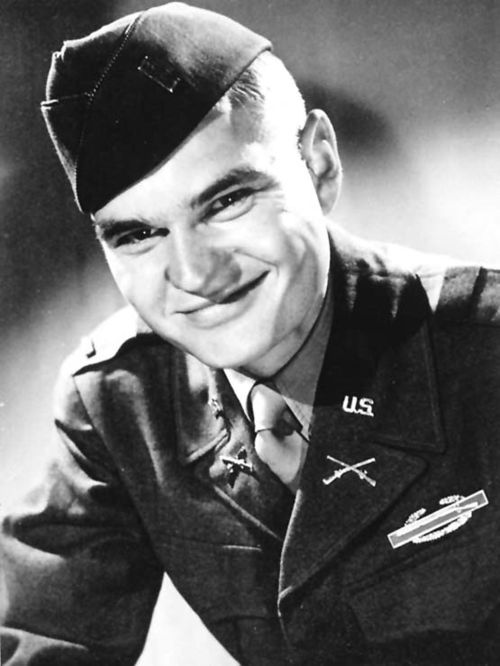Paul Fussell (1924–2012):
Abroad - British Literary Traveling between the Wars (1982)
From Exploration To Travel To Tourism

Before tourism there was travel, and before travel there was exploration. Each is roughly assignable to its own age in modern history:
But there are obvious overlaps. What we recognize as tourism in its contemporary form was making inroads on travel as early as the mid-nineteenth century, when Thomas Cook got the bright idea of shipping sightseeing groups to the Continent, and though the Renaissance is over, there are still a few explorers. Tarzan's British father Lord Greystoke was exploring Africa in the twentieth century while tourists were being herded around the Place de l'Opéra. (p.38)
.....
[探險家、旅行者、遊客三者都會踏上旅程,但探險家追尋的是未被發現的事物,旅行者追尋的是那些已被歷史的智慧所發現的事物,而遊客追尋的是那些已被企業家精神所發現並由大眾宣傳藝術為其做好準備的事物。]
The genuine traveler is, or used to be, in the middle between the two extremes. If the explorer moves toward the risks of the formless and the unknown, the tourist moves toward the security of pure cliché. It is between these two poles that the traveler mediates, retaining all he can of the excitement of the unpredictable attaching to exploration, and fusing that with the pleasure of "knowing where one is" belonging to tourism.
But travel is work. Etymologically a traveler is one who suffers travail, a word deriving in its turn from Latin tripalium, a torture instrument consisting of three stakes designed to rack the body. Before the development of tourism, travel was conceived to be like study, and its fruits were considered to be the adornment of the mind and the formation of the judgment. The traveler was a student of what he sought, and he was assisted by aids like the 34 volumes of the Medieval Town Series, now, significantly, out of print. One by-product of real travel was something that has virtually disappeared, the travel book as a record of an inquiry and a report of the effect of the inquiry on the mind and imagination of the traveler. (p.39)